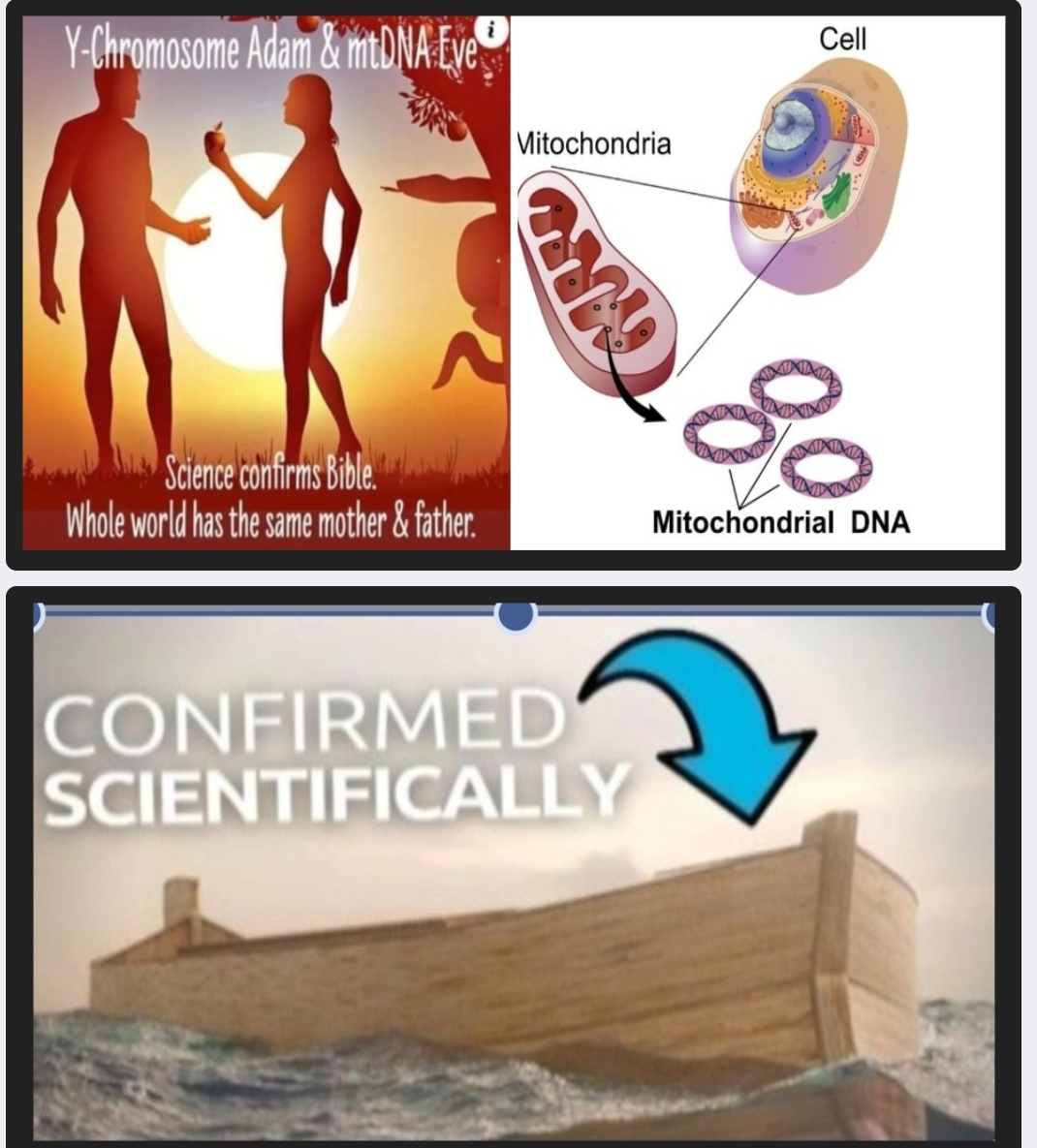Does God Keeps his Promises?
The prophet Jeremiah, writing during a time of immense national distress, offers a profound message of hope that intertwines divine promises with the very fabric of the cosmos. In Jeremiah 33, God provides a powerful assurance of restoration for His people, a promise so certain that it is anchored to the immutable laws of nature itself. By connecting the covenant with a future Messiah to the "laws of heaven and earth," the text elevates a human promise to a cosmic certainty. This theological argument not only validates the hope for a future king from the line of David but also sets the stage for a comprehensive understanding of Christ's return, grounding it in a universal and unbreakable divine decree.
Jeremiah 33 opens with God's promise to heal, rebuild, and restore Israel and Judah, a message of comfort to a people facing imminent exile. The chapter then shifts to the promise of an everlasting kingdom ruled by a descendant of David. Verse 15 introduces this figure, the "righteous Branch," who will "do what is just and right in the land." This title is a clear messianic reference, pointing to a future king who will fulfill God's eternal covenant with David (2 Samuel 7). This Branch is not just a political leader but a figure of divine righteousness, signaling a spiritual and moral restoration that will accompany the physical return from exile.
However, the core of the argument for the certainty of this messianic promise lies in verses 25 and 26. God uses a rhetorical device known as a reductio ad absurdum to prove His faithfulness. He poses a conditional statement: "If I have not made my covenant with day and night and established the laws of heaven and earth, then I will reject the descendants of Jacob and David." This is not a genuine doubt but a forceful declaration of certainty. God is essentially saying that it is as unthinkable for Him to break His covenant with David as it is for the sun to fail to rise or for the laws governing the universe to cease to exist. The established, predictable, and constant order of the heavens is the very guarantee of the messianic promise.
This is a crucial point for Christian eschatology, the study of end times. It establishes a theological link between the physical, created order and the divine plan of salvation. The "laws of heaven and earth" can be understood as the fundamental principles that govern the cosmos the constant motion of celestial bodies, the cycles of nature, and the very fabric of spacetime. The prophet links the stability of this cosmic order to the certainty of Christ's future return. Just as the universe operates under fixed laws, so too will God's promise of a coming king be fulfilled with absolute precision and certainty.
For the Christian, this passage has immense implications for the promise of Christ's second coming. The first advent of Jesus Christ as the "righteous Branch" from David's line fulfills the initial part of this prophecy. However, the promise of an everlasting kingdom and a complete restoration of all things points to a future fulfillment. Jeremiah 33 assures believers that the second coming of Christ is not a speculative event but an absolute certainty, as reliable and predictable as the rising of the sun. The faithfulness of God in maintaining the "laws of heaven and earth" serves as a cosmic testament to His faithfulness in bringing His redemptive plan to its final conclusion.
In conclusion, Jeremiah 33 brilliantly connects the promise of Christ's future return to the immutable laws of nature. By using the stability of the heavens as a benchmark for His faithfulness, God provides an unshakeable foundation for the hope of a coming Messiah. This passage transforms a national promise into a cosmic decree, assuring both the ancient Israelites and modern Christians that God's plan is as fixed and certain as the very fabric of the universe He created. The unwavering order of the cosmos stands as a perpetual witness to God's promise, guaranteeing that the "righteous Branch" will one day return to establish His eternal kingdom in justice and righteousness.




Comments
Post a Comment